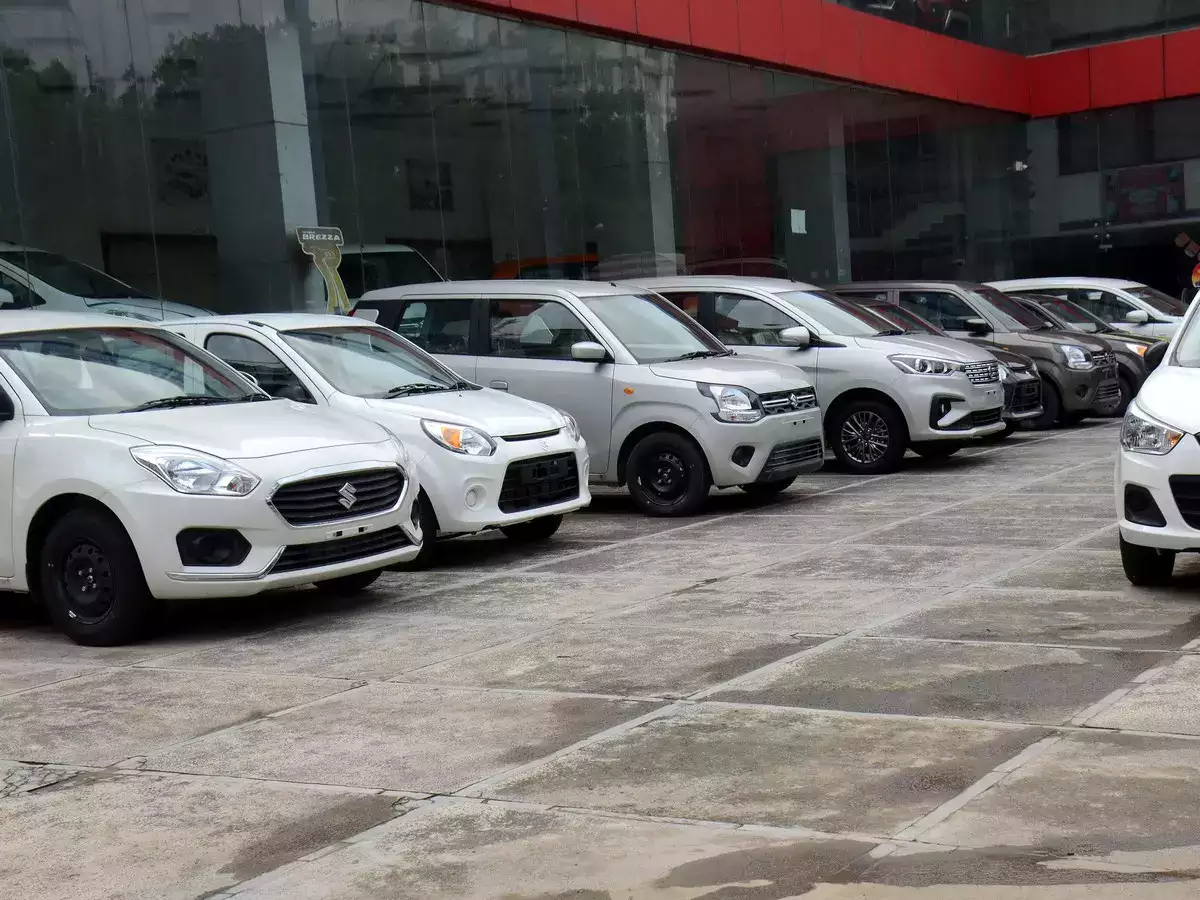India’s leading automaker, Maruti Suzuki, has announced that it will increase the prices of their vehicles from January 2024. Other major automakers like Tata Motors are expected to do the same. This announcement comes as inventory levels for automakers are high, with many companies looking to push year-end sales to offload excess inventory.
The price hike is not due to new taxes, as previously seen in the pre-GST era where government duties led consumers to rush their purchases before duties potentially increased. Instead, Maruti Suzuki has attributed the increase to cost pressures caused overall inflation and rising commodity prices.
Wholesale of vehicles has been surpassing retail sales, causing inventory levels to rise. Vehicle inventory currently stands at 63-66 days in October, according to data from the Federation of Automobile Dealers Associations (FADA). FADA has voiced concerns about the buildup, warning that without intervention, it could lead to significant dealer distress.
Maruti Suzuki’s price hike in January is likely an attempt to encourage customers to purchase now while prices are still lower. Furthermore, companies often tempt customers with discounts and accessories during year-end offers.
However, experts warn that while it may seem like a good idea to purchase a car at year-end with a substantial discount, there are some factors to consider. For example, cars purchased in December will have their manufacturing date as 2023, potentially impacting the car’s resale value.
Despite the factors for consideration, year-end offers can still be valuable to some consumers, especially when weighed against the potential benefits and discounts offered automakers.

